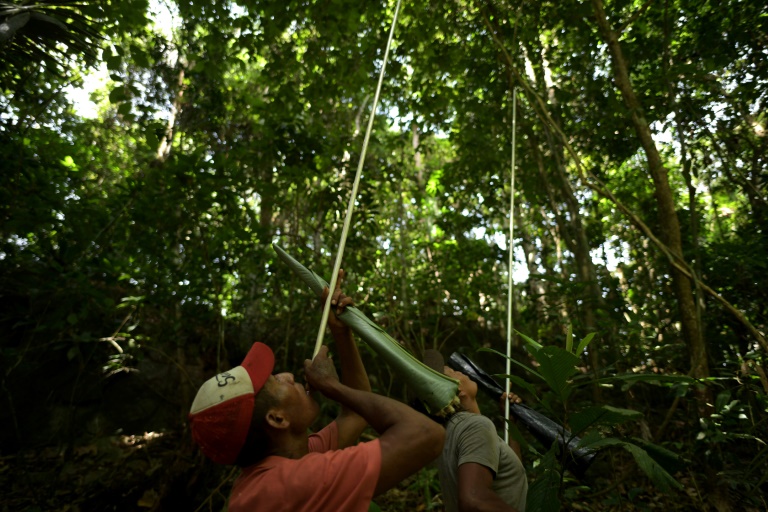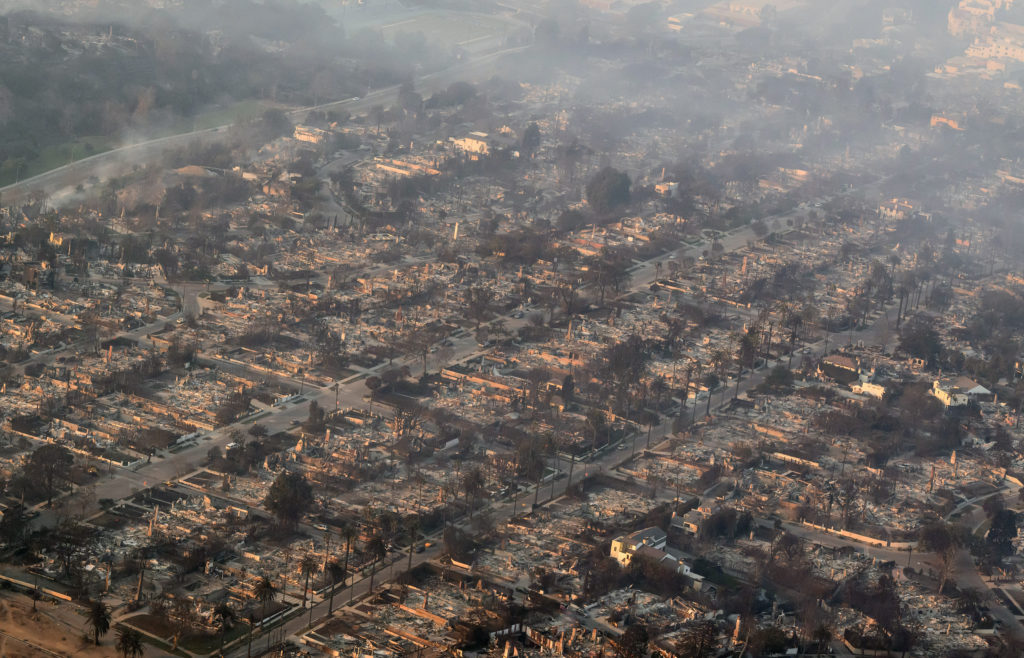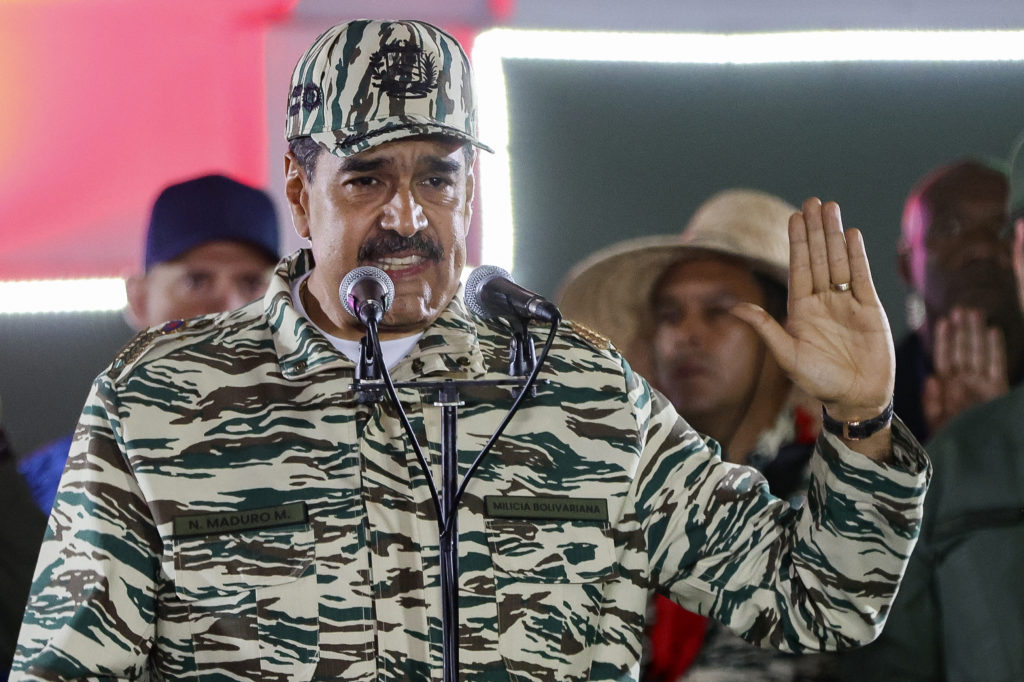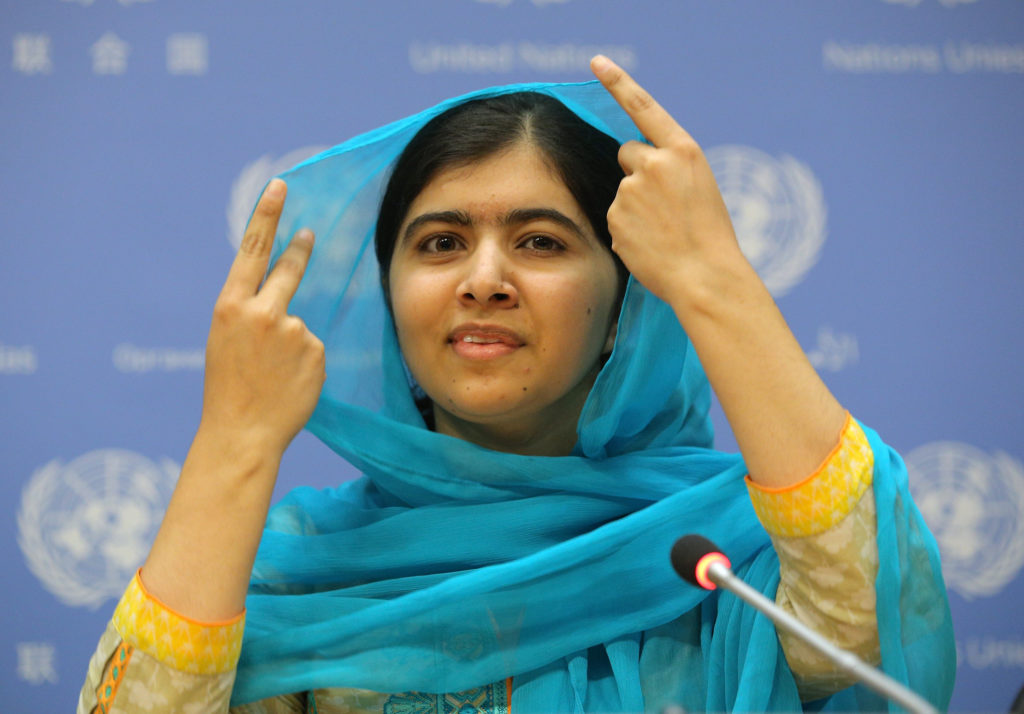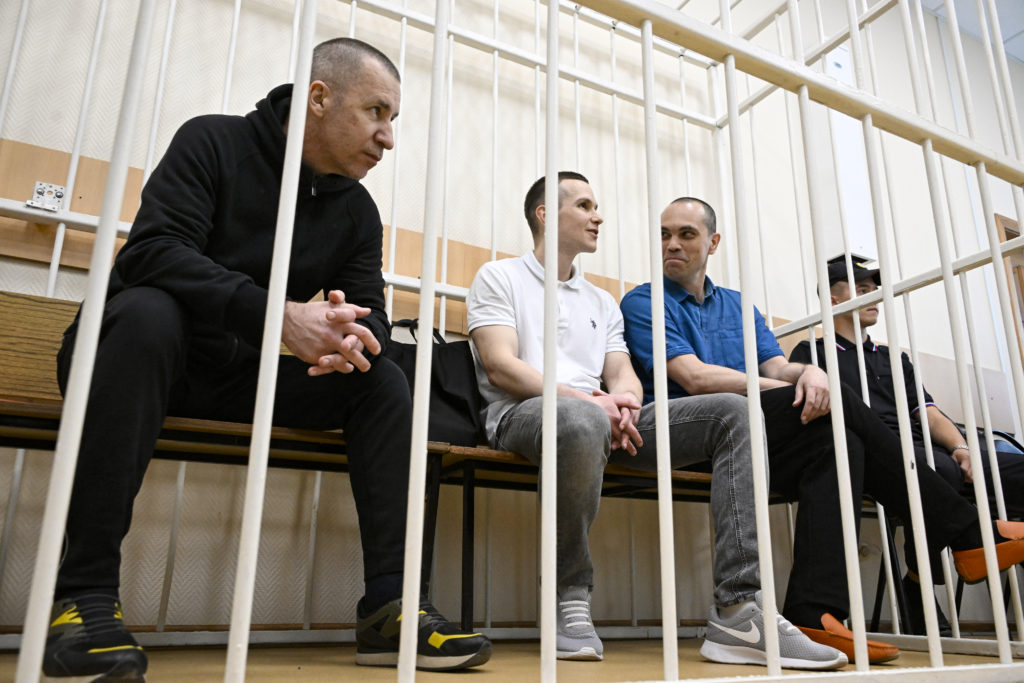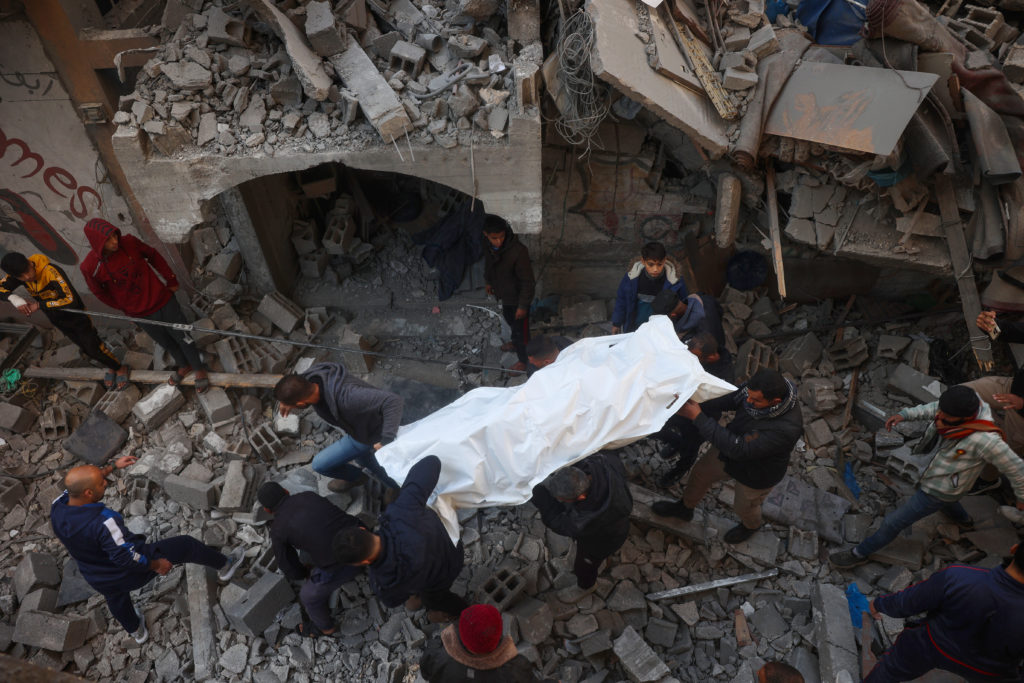Mauricio points his blowpipe at a monkey high up in the trees, an age-old hunting tradition the Nukak people continue to practice even though they have long been displaced from their ancestral homes.
Violence and illnesses inflicted first by settlers and later by armed groups forced the Nukak from their homes and into voluntary isolation decades ago, turning them into displaced people living in poverty in small towns in the southeastern Guaviare department.
Now, the last nomads of the Colombian Amazon still occasionally venture out from their slums to pick fruit and hunt animals, dreaming of a return one day to their ancestral way of life.
After discussions with his 22-year-old daughter Yina in their Indigenous language, the short, broad-shouldered Mauricio expertly manipulates his metal blowgun before firing a dart into a monkey. The poison takes instant effect.
Other hunters carry squirrel monkeys they caught after mimicking their sounds.
“We come here to look for food,” Yina told AFP during a six hour trek through the jungle.
The hunting party is made up of six men in jeans, caps and replica shirts of European football teams, and three women in shorts and crocs.
They’re looking for red-footed tortoises, but also celebrating an unexpected bounty, having extracted honey from a tree they felled.
These sights may not last forever, though.
Deforestation to make way for illegal drug crops and agriculture have threatened their way of life.
“They displaced us, they threw us out,” sighed Over Katua, 28, who has never known the jungle life that lives on in the memories of the community elders.
– Kept out by mines –
The first Nukak people appeared in Guaviare towns in 1988, arriving in a sorry state due to picking up “illnesses through contact with settlers,” according to a report by Colombia’s National Indigenous Organization.
Fourteen years later, armed conflicts between Marxist rebels and right-wing paramilitaries caused the mass displacement of the Nukak.
In 2018 there were 744 Nukak, according to the statistics institute, 336 less than in the 2005 census.
“Our territory is being occupied by war,” said Katua in broken Spanish. The Nukak refer to their tormentors as “ka’wade” or “whites.”
The Colombian state officially recognizes the Nukak as the rightful owners of 954,000 hectares of protected jungle.
Long controlled by the Revolutionary Armed Forces of Colombia (FARC), the rebels left these areas in 2017 following the historic peace deal they signed with the government to end their 50-year armed struggle against the state.
But the Nukak forests remain infested with anti-personnel mines planted to protect drug crops.
Authorities “have not been able to return us because they have not demined” the jungle, said Delio Acosta, the Guaviare government official responsible for Indigenous people.
Colombia’s “only nomadic community” is at “risk of disappearing,” according to a UN report.
In 2020 alone, the Nukak lost more than 1,100 hectares of territory to deforestation for coca leaf plantations, the report said.
Coca leaf is the primary ingredient in cocaine, of which Colombia is the world’s largest producer.
The Foundation for Conservation and Sustainable Development NGO said the true figure was almost 2,900 hectares when including forest destroyed to make way for illegal roads and farming.
– Sadness –
The Nukak that fled conflict live in slums. In San Jose, the capital of Guaviare, they crowd into a park to beg.
When they go looking for food, they are forced to dodge electricity lines, and often complain that animals are in short supply.
Anthropologist Gabriel Cabrera believes the Nukak’s traditions are suffering from being forcibly semi-settled, even though they still feel attached to “moving and walking through the forest.”
In one slum, a woman with red lines painted on her face is visible.
The lines represent the red-footed tortoise’s shell and are a symbol of happiness.
But “now we are sad,” said Katua, pointing to girls who wear their hair long, even though in Nukak tradition they would normally shave their heads and eyebrows.
Loincloths have also been replaced by old second hand clothing and football jerseys.
Some Nukak drink alcohol or take drugs and there is even “prostitution,” said Katua.
“They’re falling into the settlers’ traditions.”

